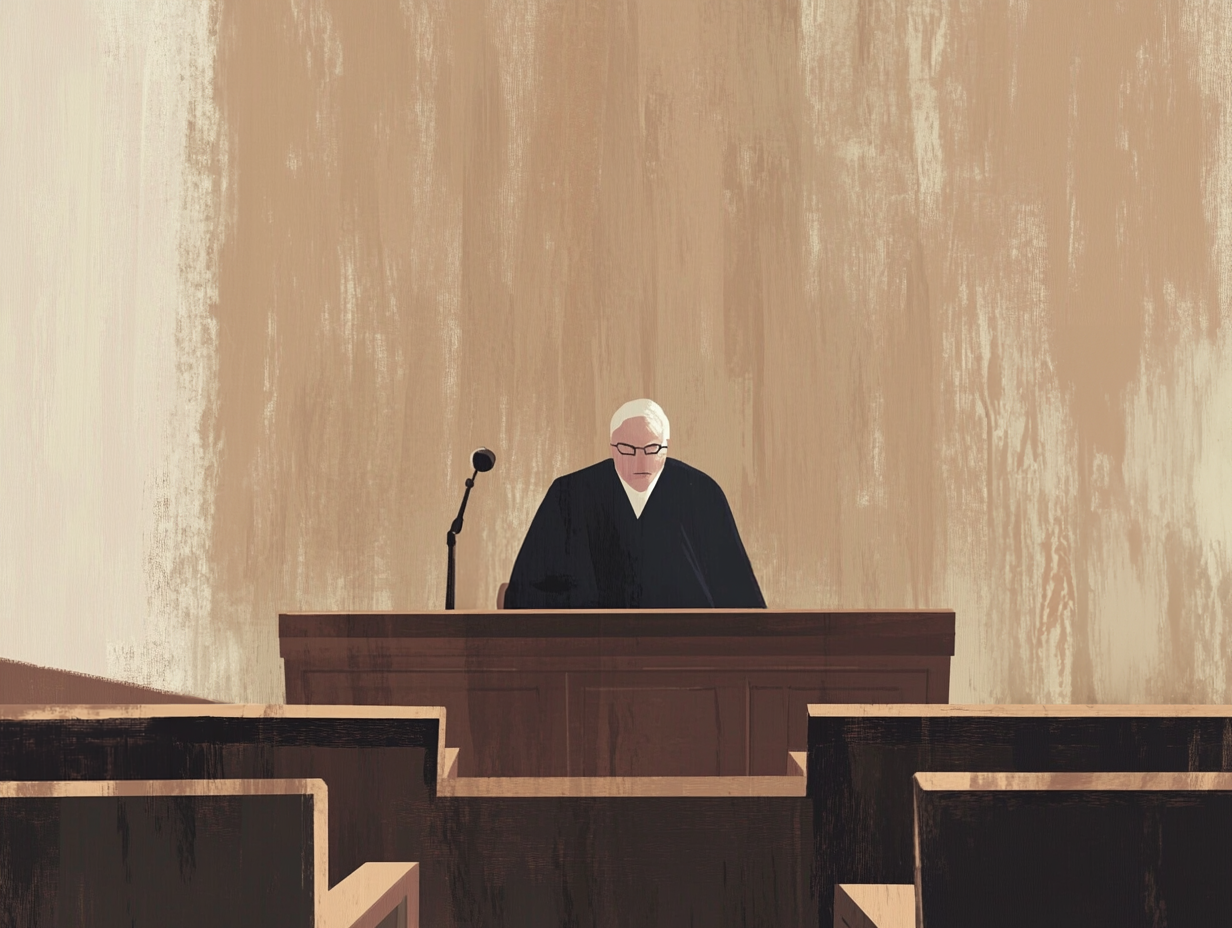What If
Jack Dorsey
Is Right?

The case for abolishing intellectual property in an age of infinite remix.
The Provocation
Jack Dorsey recently suggested that all intellectual property laws should be abolished. It sounded absurd at first — another high-profile provocation in an era full of them. But what if it’s worth considering?
In a recent ON_Discourse group chat, a media strategist, two IP attorneys, a founder of an AI venture studio, and other members of our community gathered to confront the uncomfortable possibility: in a world where AI can remix art, code, identity, and likeness infinitely, does intellectual property (IP) still serve the purpose it was designed for? Or has it devolved into a protection racket for legacy power?
"The code of IP law doesn’t map to the code of the internet."
The Icebreaker: What Should Be Liberated?
We began, as we always do, with an icebreaker: What piece of culture deserves to be stolen, remixed, or liberated from its owners?
- One IP attorney nominated memes: “They’re designed to be shared, but still fall under copyright gravity.”
- A media strategist called for Superman to enter the public domain now rather than waiting for a slow expiration timeline.
- The founder of an AI venture studio advocated for software code, the infrastructure upon which future culture is increasingly built.
- A brand protection attorney argued for liberating technologies subsidized by public investment — such as SpaceX and foundational AI models.
The common thread: the lines between ownership, creation, and collaboration are being obliterated.
Rethinking the Purpose of IP
As the conversation deepened, the tension between old frameworks and new realities became clear.
You can’t abolish IP with a single stroke. It’s a system of many different protections — each serving a different purpose.
IP Law Isn’t One Thing
One legal voice reminded us: abolishing "IP" isn't a coherent position. Copyright, patents, trade secrets, and trademarks exist for distinct reasons. Reform must be nuanced, not reactionary.
The Internet Broke the Old Rules
Our media strategist observed that traditional IP law was designed for physical goods, not the infinite replicability of the internet. In the online world, engagement — not scarcity — drives value.
Ownership Models Are Misaligned
Another participant framed it sharply: today's cultural production demands participation models, not protectionist ones. Yet our legal structures still assume a single author and a static object.
Law as Infrastructure, Not Obstacle
The IP lawyers in the room pushed back on the notion that IP laws are inherently barriers. Every open-source license, every permissive API agreement, every blockchain-based contract — all rely on IP frameworks to exist in the first place.
The New Creative Dilemma
We explored a tangible example: imagine rogue creators producing hundreds of thousands of Pirates of the Caribbean spinoffs using AI.
At some point, Disney won't be able to send takedown notices fast enough. They'll have to rethink the entire system.
Should Disney issue a hundred thousand takedown notices?
Or should it accept the reality of AI proliferation and build code-based mechanisms — watermarking, blockchain revenue splits — to harness this creative chaos?
The consensus: it will be both. Litigation where necessary. Monetization where possible.
The Platformized Future
Several participants outlined a likely future where large media companies behave more like platforms than studios. Instead of guarding IP fiercely, they would create APIs, encourage derivative works, and share revenue with creators who participate in expanding their universes.
Gatekeeping is a losing strategy. Participation is the new moat.
Imagine an official Marvel API: fans creating their own characters, building micro-stories, and selling digital merchandise — all governed by smart contracts that ensure original creators share in the upside.
Critical Pushbacks
While the conversation was provocative, it was not naïve.
Abolishing IP outright would be like defunding the police — provocative, but terrible policy.
- Abandoning IP entirely would be reckless. IP is flexible — it needs reinterpretation, not eradication.
- Engagement ≠ Value. As one strategist reminded, "On the internet, IP has marginal value. But engagement without ownership can quickly become a race to the bottom."
- Synthetic content will flood the internet, and discerning quality, originality, and human authorship will become even more essential — and difficult.
What Happens Next
We are entering an era where a single piece of creative work could have thousands of contributors, while attribution, compensation, and credibility may be managed by blockchain, not the courts. Companies that open their IP to remixing — and build mechanisms to share value — will dominate those who cling to legacy ownership models.
Consumers will flock to the content they can co-create, not just consume.
We run events every week. If you want to participate, inquire about membership here. If you want to keep up with the perspectives that we hear, you can subscribe to our weekly newsletter.
